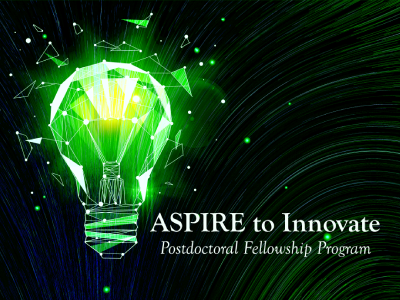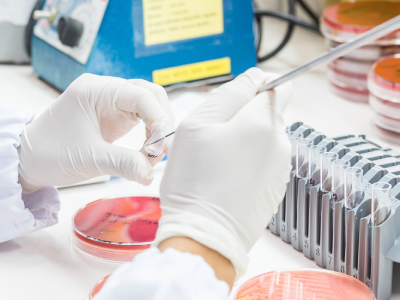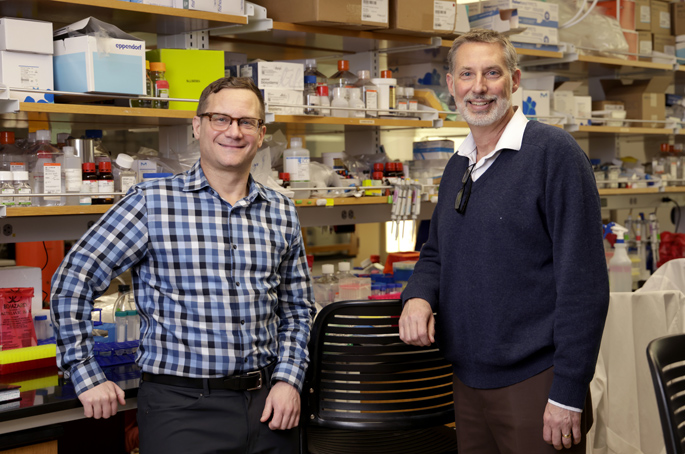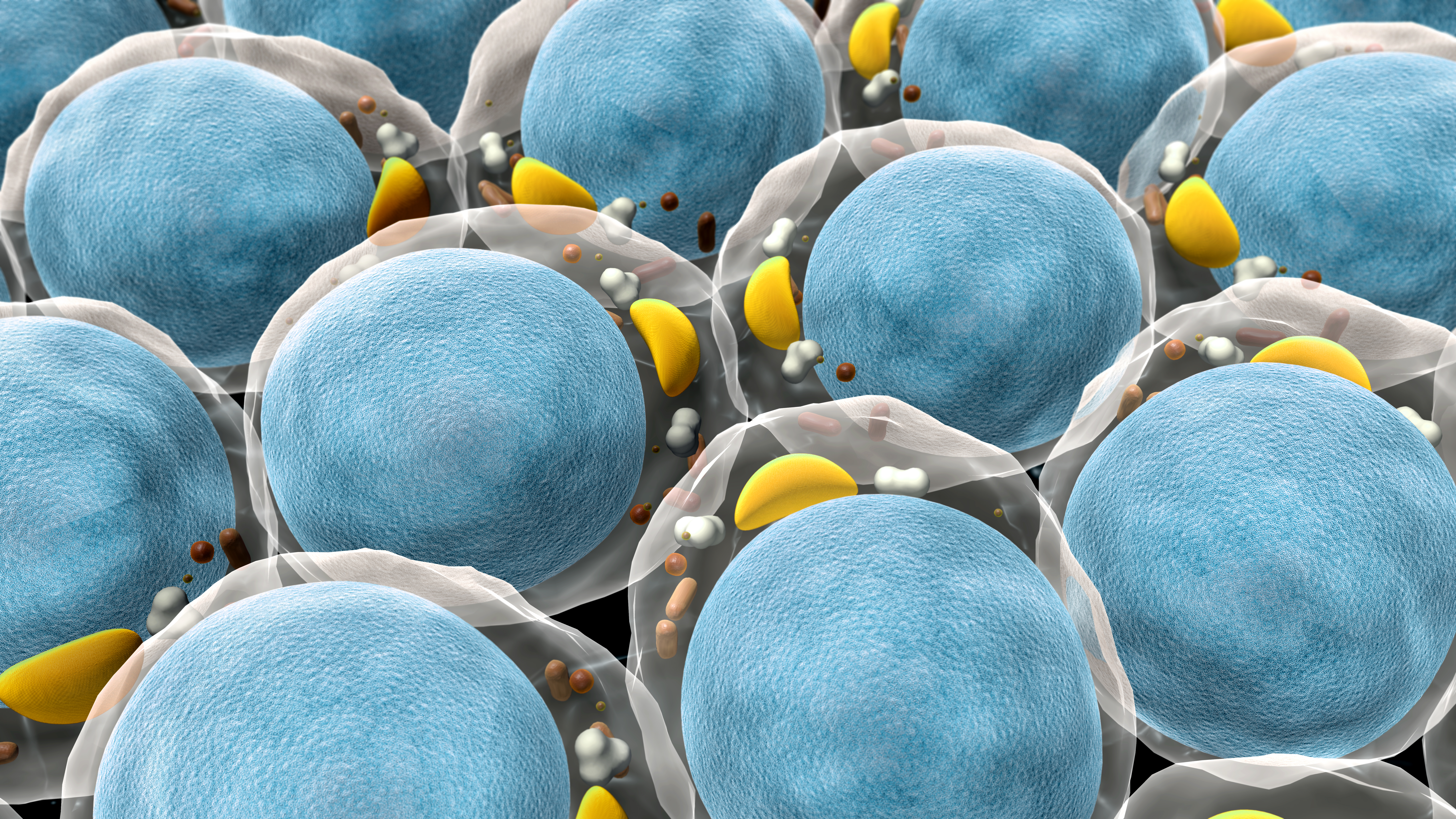Research, News & Discoveries
-

What’s New in Science?
The latest scientific research from Basic Sciences faculty and trainees. Read MoreMar. 7, 2024
-

Vanderbilt Brain Institute hosts Brain Blast, at downtown public library on March 23
Hang out with Nashville’s brain scientists at Brain Blast 2024. Open to students in grades K–8 and their families, the event will take place Saturday, March 23, at the downtown Nashville Public Library. Read MoreMar. 6, 2024
-

Five Basic Sciences faculty named to Vanderbilt University 2024 endowed chair cohort
Bruce Carter, Lisa Monteggia, Richard O’Brien, Andrea Page-McCaw, and Kevin Schey have been named endowed chairs, the highest academic award that Vanderbilt can give to a faculty member. Read MoreMar. 1, 2024
-

Study finds a role for AI in drug repurposing pipeline
The team prompted the chatbot to review the biomedical research literature and suggest 20 drugs for Alzheimer’s disease, ranking them for potential effectiveness. With a second prompt they asked for confirmation of the initial 20 suggestions. They repeated both prompts 10 times. Read MoreFeb. 27, 2024
-

Rethinking drug efficacy: research aims to improve drug development
ASPIRE to Innovate Postdoctoral Fellow Catherine Leasure identifies the issues plaguing drug development. Leasure and Gregor Neuert argue that conventional dose-response studies fail to mirror the complex reality of how drugs behave in the human body. Read MoreFeb. 27, 2024
-

Vanderbilt biochemists discover breakthrough evolution-resistant compound to combat antibiotic resistance
The World Health Organization ranks antimicrobial resistance as one of the top ten global health risks. Vanderbilt researchers led by Houra Merrikh identified the first anti-evolution compound that targets AMR during treatment of infections with antibiotics. Read MoreFeb. 26, 2024
-

Exploring the basics of neurological disorders: Calcium transport in receptors
Led by Terunaga Nakagawa, an international collaboration describes for the first time the fundamental mechanism underpinning cellular processes that lead to learning and memory. Read MoreFeb. 26, 2024
-

Waddell Walker Hancock Cancer Discovery Fund names first scholars
A research endeavor that seeks to develop a new cancer immunotherapy utilizing nanobody delivery and targeted heating of tumors has received funding from the Waddell Walker Hancock Cancer Discovery Fund. Read MoreFeb. 23, 2024
-

Guengerich proposes paradigm shift in enzyme biochemistry
The lab of Professor of Biochemistry Fred Guengerich has proposed a paradigm shift in the understanding of a critical chemical reaction involved in sterol biosynthesis. Read MoreFeb. 22, 2024
-

Immune research authority Robert Tampé to deliver Apex Lecture on March 7
Immune research authority Robert Tampé will present the Vanderbilt School of Basic Sciences Apex Lecture on March 7, 2024. Read MoreFeb. 21, 2024